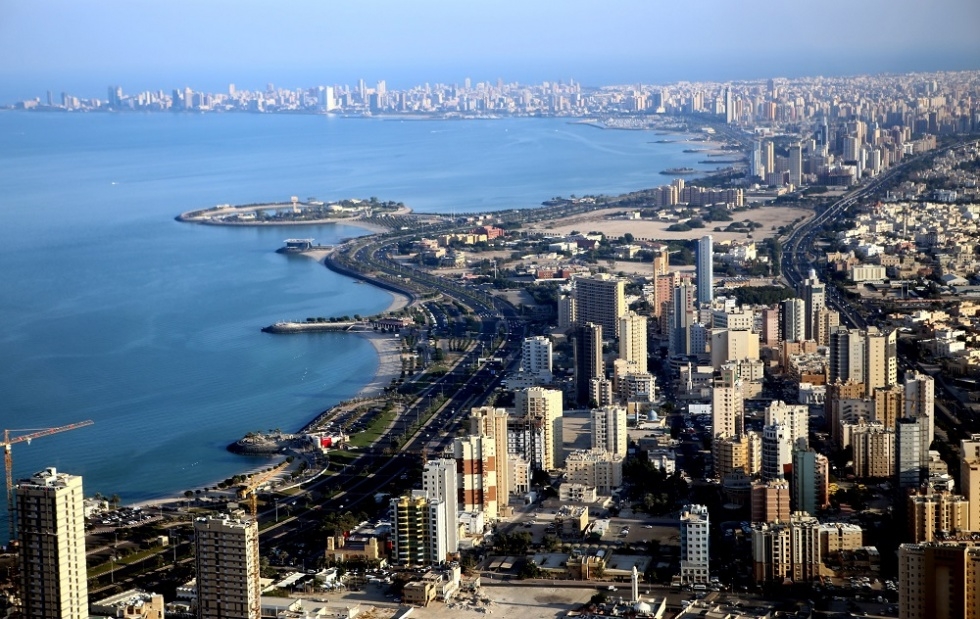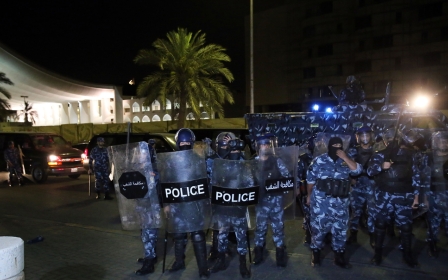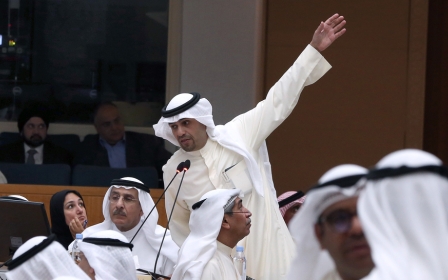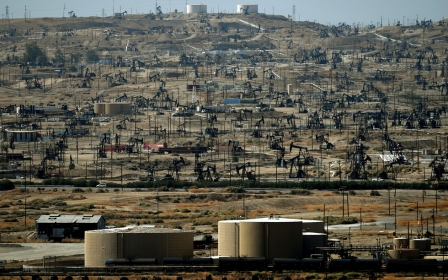Kuwait oil union rejects minister's appeal to cancel strike

The oil workers' union in Kuwait Saturday turned down an appeal from the country's acting oil minister to call off a strike in protest against possible pay cuts and to accept negotiations.
Anas al-Saleh, in a statement cited by the official KUNA news agency, urged workers to "give priority to the public interest and resort to reason and wisdom by sitting at the negotiations table".
The union immediately rejected the minister's call as offering nothing new and said the strike will go ahead from Sunday morning.
"The strike will go ahead as planned," union chief Saif al-Qahtani said, holding oil companies and the minister responsible for the strike and the potential losses from it.
The minister assured the workers there would be no reduction in their salaries and other benefits.
Kuwait, OPEC's fourth-biggest producer, currently pumps three million barrels per day.
A prolonged strike could slash production just as major crude producers meet in Doha on Sunday to discuss ways to deal with a huge output glut.
State-owned Kuwait Petroleum Corp (KPC) on Thursday reviewed "maximum" contingency plans in the face of the total strike threatened by oil workers.
Local media reported that Kuwait planned to deploy national guard units to run and protect some oil facilities during the strike, according to the Gulf News.
Hit by the sharp drop in crude prices on world markets, Kuwait is introducing a new payroll scheme for all public employees and wants to include the country's 20,000 oil workers, which would mean an automatic cut in wages and incentives.
KPC said the workers union had boycotted negotiations called for Thursday by the Social Affairs and Labour Ministry.
KPC had offered to "suspend" all spending cuts if the union agreed to join a committee to negotiate a settlement.
The union is also protesting against plans to privatise parts of the oil sector.
New MEE newsletter: Jerusalem Dispatch
Sign up to get the latest insights and analysis on Israel-Palestine, alongside Turkey Unpacked and other MEE newsletters
Middle East Eye delivers independent and unrivalled coverage and analysis of the Middle East, North Africa and beyond. To learn more about republishing this content and the associated fees, please fill out this form. More about MEE can be found here.




